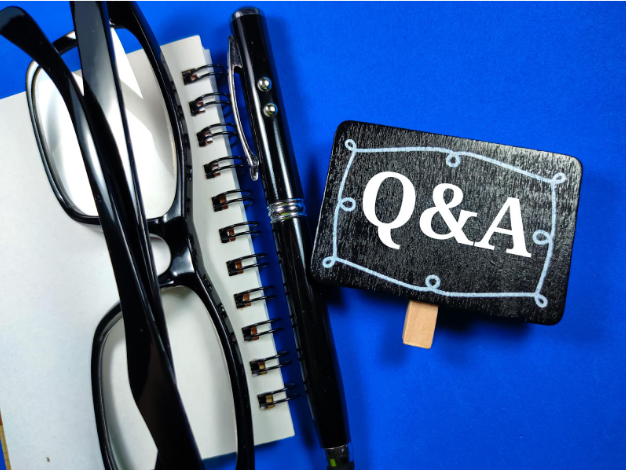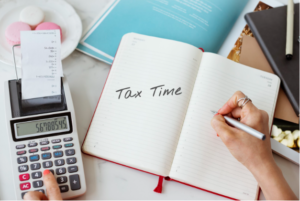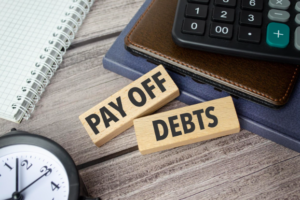
12 FAQs on CRA Debt
What is CRA debt?
CRA debt is the money you owe to the Canada Revenue Agency, it could be from unpaid taxes or benefit overpayments. It can come from different sources like income tax, GST/HST, or other tax-related charges. You need to address CRA debt promptly to avoid additional interest and penalties. CRA debt is not the kind of debt you hold with levity.
How do I know if I owe CRA debt?
You’ll get a Notice of Assessment or Notice of Reassessment sent to you after filing your taxes. This document will outline what you owe. The CRA might also contact you about overdue amounts for taxes, benefits overpayments, or other charges. You can also check your account balance online through the CRA’s My Account service to see if you have a debt.
Can the CRA garnish my wages for unpaid taxes?
Yes, the CRA can garnish your wages for unpaid taxes without a court order, which means they can redirect a portion of your salary directly from your employer to pay off your debt.
What happens if I don’t pay my CRA debt?
If you don’t pay your CRA debt, the agency can take serious action to recover the money. This might include garnishing your wages, seizing your bank accounts, or placing a lien on your property. If you continue to ignore them, you will pay interest and penalty charges.
Are there interest charges on overdue CRA debt?
The CRA charges interest on overdue taxes, starting from the day after your payment was due. The interest compounds daily. The CRA updates the interest rates periodically, so you should pay any owed amounts as soon as possible to avoid accruing additional charges.
Can CRA debt affect my credit score?
Having debt with the Canada Revenue Agency (CRA) can affect your credit score, especially if the situation escalates to the point where the CRA starts to take different measures to get their money. These actions can be recorded by credit bureaus and can negatively influence your credit rating. It’s crucial to address any tax obligations promptly to avoid such consequences and maintain a healthy credit score.
How do I dispute a tax amount I owe to the CRA?

If you believe the amount of tax the CRA claims you owe is incorrect, you have the right to dispute it by filing an objection. This process involves formally challenging the CRA’s assessment or decision by explaining your position and providing relevant documentation or evidence to support your case. It’s important to adhere to the deadlines and guidelines provided by the CRA for objections to ensure your dispute is considered.
What is a consumer proposal and how can it help with CRA debt?
A consumer proposal is a legal process in Canada where you negotiate to pay back a portion of your debt, with the rest being forgiven. It can include CRA debt. This process involves working with a debt expert who helps propose a manageable payment plan, including the CRA. A consumer proposal can stop interest accumulation, legal action from creditors, and wage garnishments, offering a path to clear your debts more feasibly.
Can bankruptcy eliminate my CRA debt?
Filing for bankruptcy can eliminate most of your CRA debt, including taxes owed, penalties, and interest. However, there are exceptions, such as fines or penalties imposed by a court and debts arising from fraud. Bankruptcy should be considered a last resort due to its significant impact on your credit rating and financial situation. Ensure you speak with a debt expert to be sure bankruptcy is the way out of your financial situation.
How long can the CRA pursue unpaid taxes?
The CRA typically has a ten-year period to collect on debts, starting from the date they assess your taxes. This timeline can be extended under specific situations, such as if you acknowledge the debt or if the CRA secures a court judgment against you. It’s crucial to address any tax debts promptly to avoid prolonged collection efforts.
Can the CRA seize my assets for unpaid taxes?
Yes, the CRA can seize assets for unpaid taxes, including bank accounts, property, and wages. Asset seizure is generally a last resort, and the CRA usually prefers to arrange payment plans. Engaging with the CRA early and discussing payment options can help prevent asset seizure.
How can I get help with my CRA debt?

There are several options for getting help with CRA debt. What’s more important is speaking with a debt expert who will analyse your situation and offer the best solution or way out. The reason is that what works for Mr. A may not work for Mr. Z. When you speak with one of our debt experts at EmpireOne Credit, you can be sure that you will get the best solution to help you get out of debt. If you have credit card debts, payday loans, CRA debt, and any other unsecured debts that are frustrating you, you can speak with us. Your debt can be reduced by up to 80%, and interest will stop immediately. Call us at (416) 900-2324 to schedule a free consultation with us. Being debt-free feels good!





